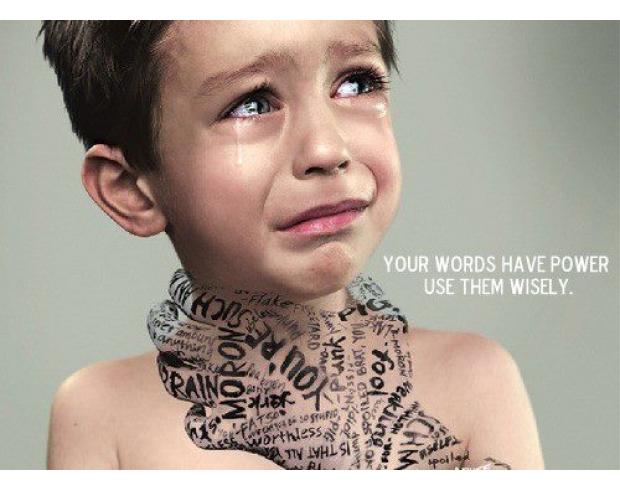What if our lives could be enhanced by eliminating just one word? Sound too far-fetched? Not really, when we see how the word “should” interferes with positive thinking and our daily interactions. So, what’s wrong with the word “should”? Well, if used when talking to someone else, “should” is always attached to some kind of (most often, unsolicited) judgment, whereupon the speaker assumes the addressee is “sub par” in some way. But that judgment is based on the speaker’s own personal expectations—even though the thought is expressed as though the whole world is in agreement. Most significantly, thoughts with “should” in them do not offer ways to help. Here are some common judging statements and how they might be modified to do the latter. “You should pay more attention when I’m talking to you.” How can I help you stay focused when I’m talking to you? “You should be nicer to your brother.” Let’s role-play ways to play with your brother so no one gets upset. “You should be more organized with your school work.” Would you like ideas on how to organize your homework so that you know when assignments are due? We also use “should” a lot in terms of how we view ourselves. In fact, many of us are harder on ourselves than others. Here, our “should” thoughts seem to infer that we expect ourselves to perform at some high standard all the time. And, once again, that kind of judgmental mindset does nothing to move us forward. So if we find ourselves saying that we “should have” done something, we can have fun and first mock ourselves—and then reframe the thought in a constructive way. For example: “I should have known he was going to cause trouble.” Why? Am I suddenly clairvoyant? I will address whatever happened in the way that that moves everyone forward. “I should have never eaten that chocolate cake.” Why? Am I never allowed to indulge myself? I will limit myself to two desserts a week. “I should have paid the bills on time.” Why? Am I so perfectly organized (or have so much free time) that it’s inconceivable I could ever be late? I will make paying the bills a high priority next month. Even more positively oriented statements such as: “I should join a book club” can be tweaked to eliminate all judgment: “I will explore whether there’s a local book club I can join.” So, hope the word “should” isn’t taking it personal when I write that I’ve decided to toss it out of my vocabulary. Just seems like a really easy way to stay positive.
2014-04-18 05:50:39
What if
sign in to comment
Be the first to comment





